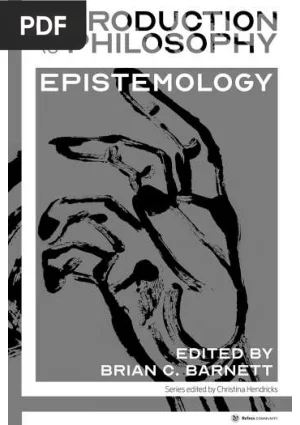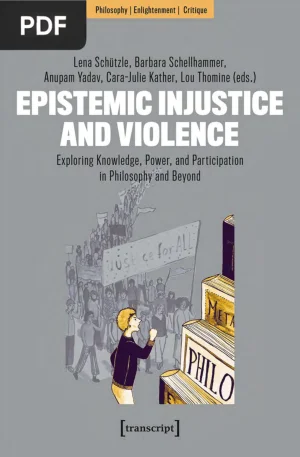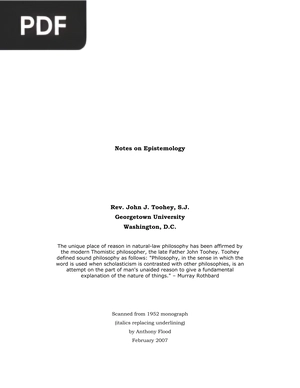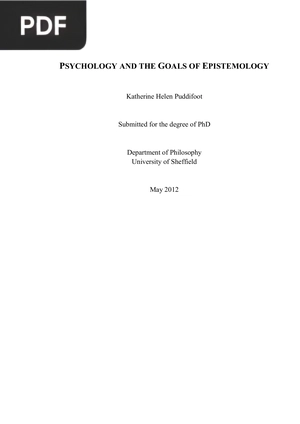7 Epistemology Books for Free! [PDF]
by InfoBooks

Dive into the fascinating world of epistemology with our collection of free PDF books.
Discover the secrets behind knowledge, belief, and truth, without spending a dime or needing to register.
Epistemology is a compelling discipline that explores the nature of knowledge, its origins, and its limits.
With our collection of free PDF books, you can delve into the philosophical principles behind what we know, learn about different theories of justification, and uncover innovative ways of thinking about how we acquire and validate information.
Download the free PDF books and dive into the exciting world of epistemology.
Important: Below, we present a collection of 7 Epistemology Books in PDF format. To access the full collection with over 100 Philosophy Books, simply scroll to the bottom of the page. There you’ll find all the available categories.
Epistemology Books
Here ends our selection of free Epistemology books in PDF format. We hope you liked it and already have your next book!
If you found this list useful, do not forget to share it on your social networks. Remember that "Sharing is Caring".
Do you want books on Philosophy in PDF format?
Other Philosophy Books

Idealism Books
Mind, reality, ideas. The philosophical tradition that emphasizes thought over matter.

Philosophy of Law Books
Justice, rights, morality. Philosophical foundations of legal systems.

Eastern Philosophy Books
Wisdom, harmony, contemplation. Philosophical traditions from Asia and the East.

Philosopher Books
Thinkers, ideas, legacy. Works by and about history's greatest philosophers.

Existentialism Books
Freedom, meaning, authenticity. The philosophy of individual existence and choice.

Hermeneutics Books
Interpretation, texts, meaning. The art and science of understanding and interpretation.

Hermeticism Books
Mystical wisdom, alchemy, cosmos. The esoteric tradition attributed to Hermes Trismegistus.

Philosophy Books for Children
Thinking, questions, curiosity. Introducing philosophical inquiry to young minds.

Political Philosophy Books
Power, justice, governance. Philosophical reflections on politics and the state.

Empiricism Books
Experience, senses, evidence. The philosophy that knowledge comes from sensory experience.

Gnosiology Books
Knowledge, truth, inquiry. The study of the nature and limits of knowledge.

Marxism Books
Class, capitalism, revolution. The political and economic philosophy of Karl Marx.

Phenomenology Books
Experience, consciousness, perception. The study of structures of conscious experience.

Positivism Books
Science, facts, verification. The philosophy that valid knowledge comes from observable evidence.
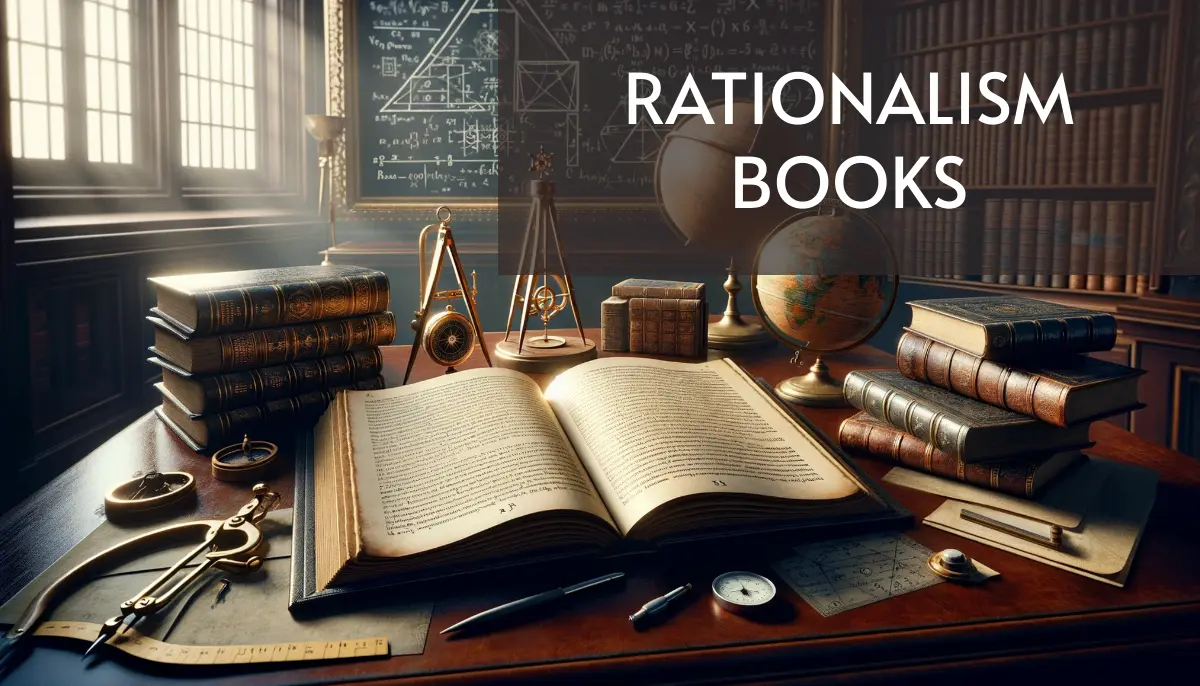
Rationalism Books
Reason, logic, innate ideas. The philosophy that emphasizes reason as the source of knowledge.

Ethics Books
Morality, values, right and wrong. Philosophical inquiry into what it means to live well.

General Philosophy Books
Ideas, thought, inquiry. A broad introduction to philosophical thinking.


